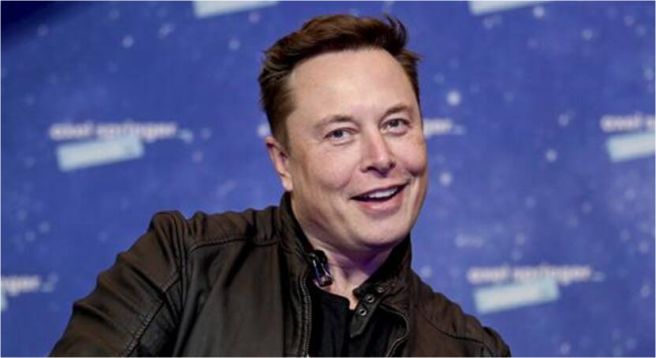Don Joyce, a Nokia director working from home at a remote lake cottage in Canada, recently abandoned his painfully slow phone-line internet in favor of satellite broadband service Starlink, offered by Elon Musk’s SpaceX.
Starlink, which cost him C$600 dollars (US$486) for hardware and a lofty C$150 monthly subscription, provides “blindingly fast” speeds when uploading videos or streaming movies, he said, according to a report by Reuters.
But the beta test customer said he experiences dropouts during calls on Microsoft Teams and Zoom.
“If you’re in the city and you have alternatives, I wouldn’t recommend it. But if you’re in the country, like in the middle of nowhere and you’re getting pathetic Internet service, then it’s definitely a competitor.”
For billionaire entrepreneur Elon Musk — founder of electric vehicle manufacturer Tesla Inc.— the success of one of his biggest bets may come down to just how many people like Joyce are out there.
Musk on Tuesday is expected to discuss Starlink’s progress in a speech at the Mobile World Congress telecommunications event, an audience with a lot at stake in the fate of Starlink.
If the service is successful, it could vastly expand the reach of broadband Internet around the world, connect Tesla vehicles, and even provide a new platform for traders and others with exotic Internet needs, people familiar with the Starlink plan said, Reuters reported.
But to do that, it must avoid the fate of similar satellite ventures that have preceded it.
“Not bankrupt, that would be a big step,” Musk said last year, “That’s our goal.”
SpaceX’s Starlink division launched its “Better Than Nothing Beta program” in the United States last October, with data speeds up to a competitive 150 megabits per second. Early reviews are mixed, with some users complaining of the problems that have always plagued satellite Internet: sensitivity to weather.
Recent heat waves have caused new problems.
“I’m gonna have to spray it with a garden hose to reboot my internet… That just feels so wrong,” a Reddit user who said he lives in Arizona posted earlier this month, along with an error message saying “Offline: Thermal shutdown” and “Starlink will reconnect after cooling down”.
SpaceX President Gwynne Shotwell in April said the firm has “a lot of work to do to make the network reliable”. The company on Tuesday did not have an immediate comment.
Service should improve with more satellites and other improvements: Starlink has launched over 1,700 of its 260 kilogram satellites so far, and envisions more than 40,000.
Still, competition promises to be fierce. Amazon.com Inc. subsidiary Kuiper has a directly competing project, while OneWeb — a collapsed satellite operator rescued by the British government and India’s Bharti Group — has vowed to be in the game as well.
Terrestrial telecom providers, meanwhile, are racing to deploy high-speed, fifth-generation (5G) broadband services.
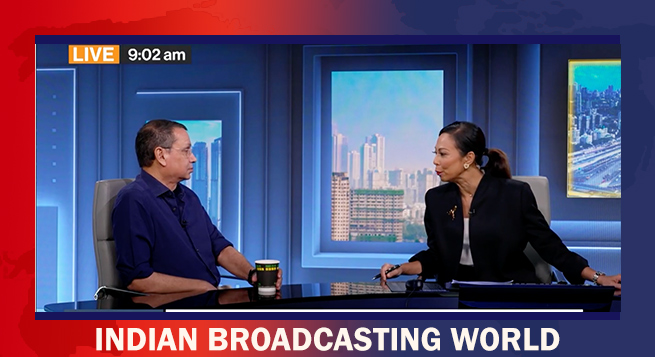 JioStar vice-chair Uday Shankar on surge in streaming subs, trade tariff challenges
JioStar vice-chair Uday Shankar on surge in streaming subs, trade tariff challenges 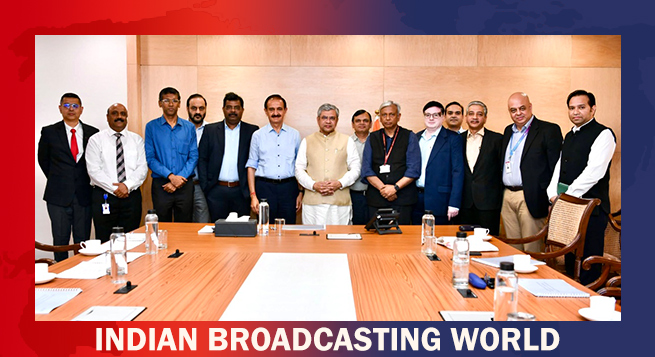 AIDCF team discusses industry issues with Vaishnaw
AIDCF team discusses industry issues with Vaishnaw 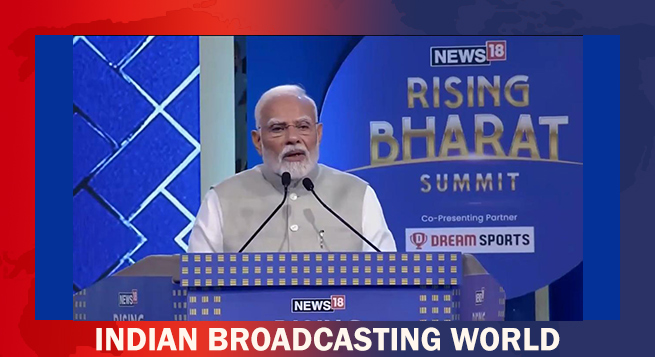 PM Modi: WAVES will empower Indian content creators go global
PM Modi: WAVES will empower Indian content creators go global 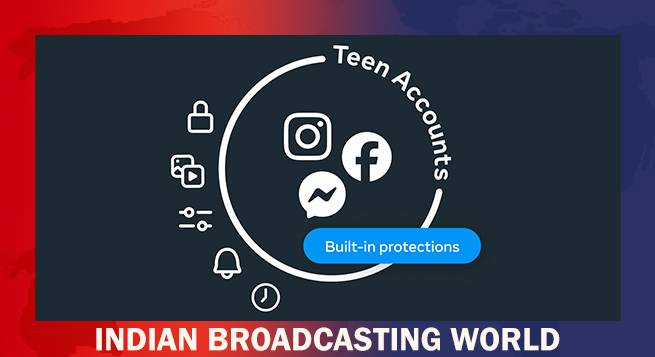 Meta rolls out ‘Teen Accounts’ feature to FB, Messenger
Meta rolls out ‘Teen Accounts’ feature to FB, Messenger 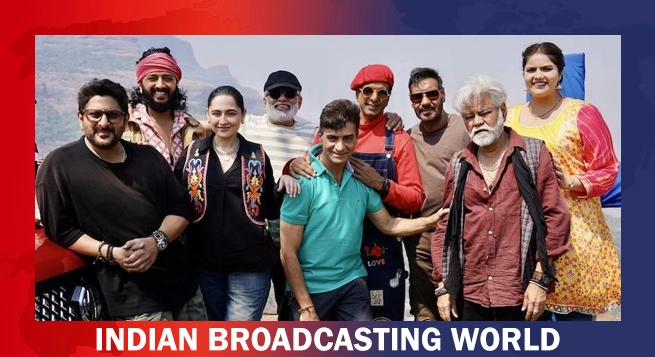 Sri Adhikari Brothers join hands with Maruti Films for ‘Dhamaal 4’
Sri Adhikari Brothers join hands with Maruti Films for ‘Dhamaal 4’ 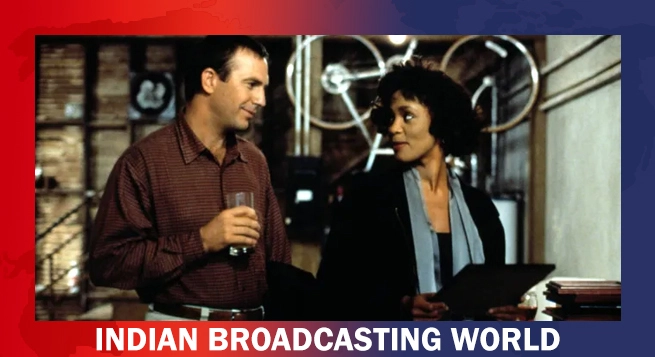 Warner Bros to remake ‘The Bodyguard’
Warner Bros to remake ‘The Bodyguard’  Priyanka to reunite with Hrithik Roshan in ‘Krrish 4’
Priyanka to reunite with Hrithik Roshan in ‘Krrish 4’  Nawazuddin Siddiqui to headline ZEE5’s ‘Costao’
Nawazuddin Siddiqui to headline ZEE5’s ‘Costao’ 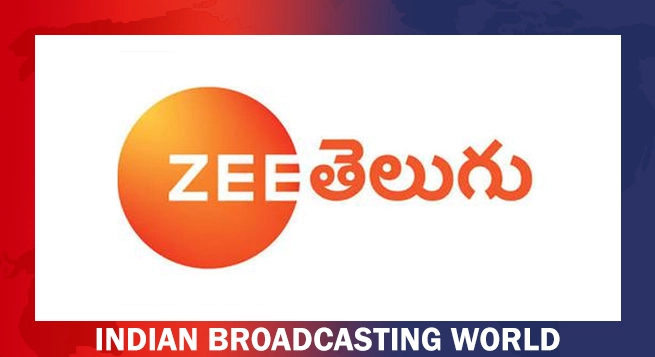 Zee Telugu unveils ‘Drama Juniors’ S8
Zee Telugu unveils ‘Drama Juniors’ S8 


